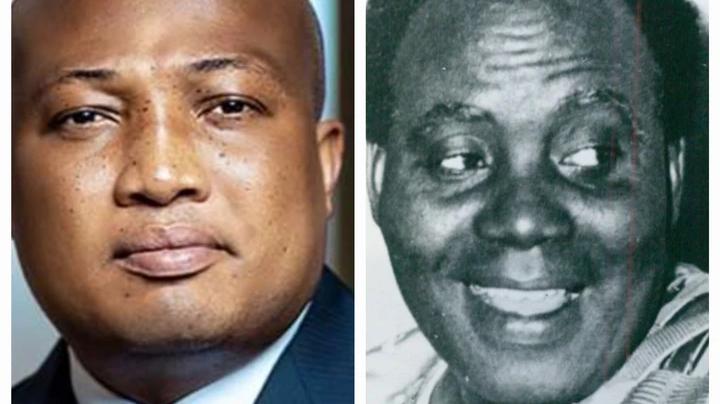As Ghana’s Minister of Foreign Affairs, Samuel Okudzeto Ablakwa upholds the country’s rich diplomatic tradition while bringing a renewed focus on transparency, economic diplomacy, and regional cooperation. His leadership reflects key attributes shared by his predecessors, demonstrating continuity in Ghana’s foreign policy approach.
1. Commitment to Pan-Africanism
Ablakwa aligns with the legacy of Kojo Botsio, Ghana’s first Foreign Minister, and James Victor Gbeho in championing Pan-African unity and regional integration. His advocacy for stronger collaboration among African nations reinforces Ghana’s historical leadership in continental affairs.
2. Independent and Strategic Foreign Policy
Similar to Kojo Botsio and Obed Asamoah, Ablakwa prioritizes Ghana’s sovereignty in international relations, ensuring that the country engages with global powers on equal footing while upholding national interests. His emphasis on accountability in foreign agreements aligns with Ghana’s long-standing tradition of independent diplomacy.
3. Strengthening Global Partnerships
Following the precedent set by Nana Akufo-Addo (2003–2007) and Shirley Ayorkor Botchwey (2017–2025), Ablakwa is deepening bilateral and multilateral relationships with key international stakeholders. His diplomatic engagements focus on securing mutually beneficial partnerships that support Ghana’s economic and security interests.
4. Bold Leadership and Institutional Reforms
Much like Obed Asamoah, known for his assertive approach to foreign policy, Ablakwa has emerged as a vocal advocate for governance reforms and transparency. His commitment to accountability in Ghana’s foreign engagements signals a shift toward a more transparent and results-driven diplomatic agenda.
5. Parliamentary and Policy Expertise
Ablakwa, like Akwasi Osei-Adjei and Hackman Owusu-Agyemang, brings parliamentary experience to his diplomatic role. This background enhances his ability to navigate policy formulation, legislative oversight, and international negotiations effectively.
6. Focus on Economic and Trade Diplomacy
Echoing the work of Hanna Tetteh and Alhaji Muhammad Mumuni, Ablakwa has emphasized economic diplomacy as a key pillar of his foreign policy strategy. By prioritizing trade, investment, and industrialization, he aims to ensure that Ghana’s international engagements contribute directly to national development.
Through his leadership, Ablakwa continues the legacy of past Foreign Ministers while introducing new strategies to enhance Ghana’s global standing. His tenure reflects a commitment to strengthening diplomatic ties, advocating for national interests, and fostering economic growth through strategic international engagement.
Source: en.wikipedia.org
